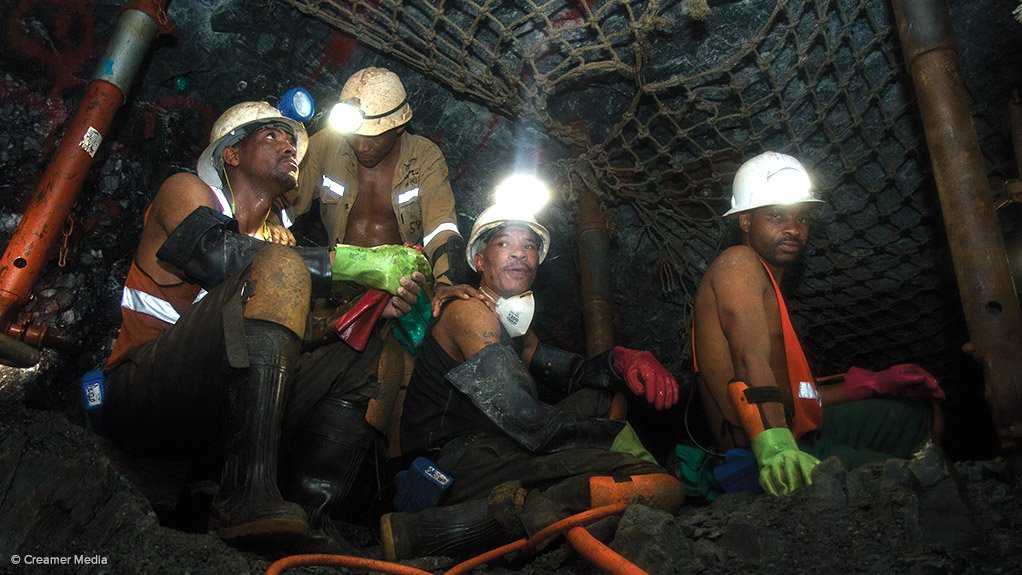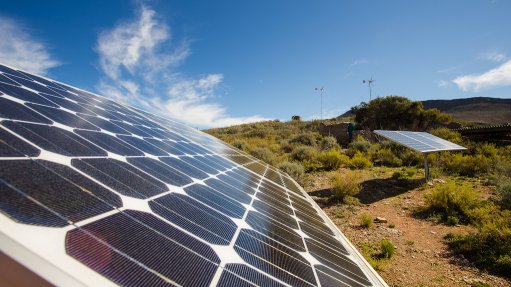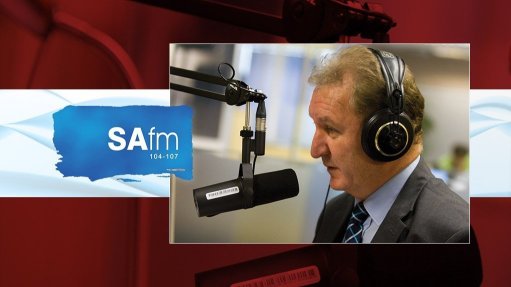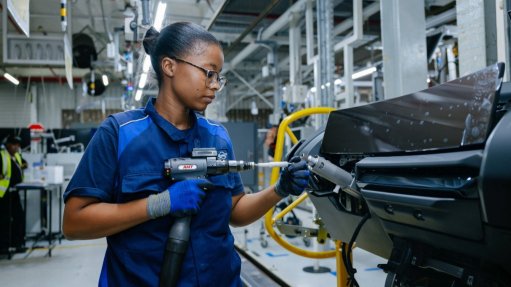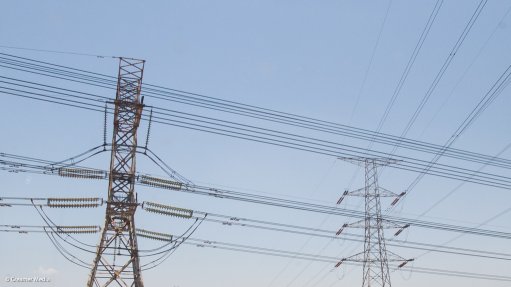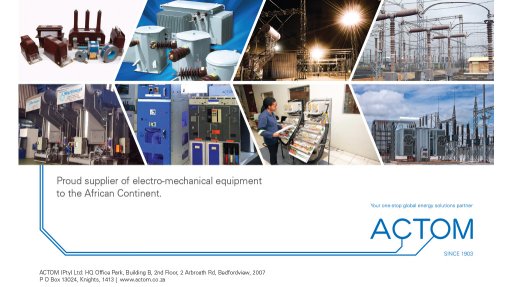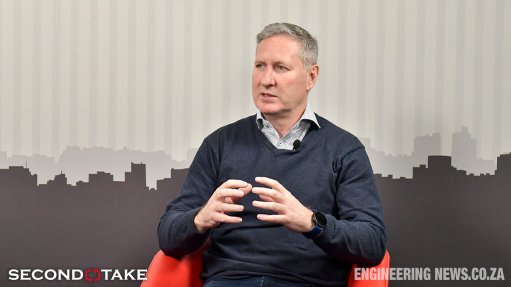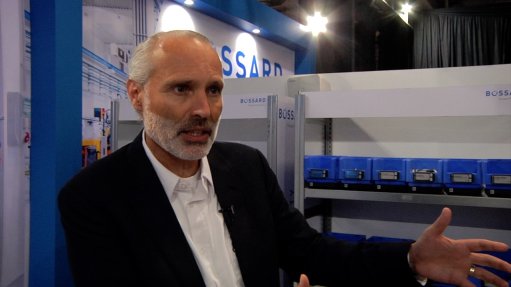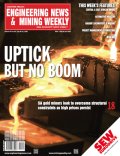Sibanye reports lowest serious injury rate in its history for the first quarter
JSE- and NYSE-listed Sibanye-Stillwater has reported its lowest group serious injury frequency rate (SIFR) in its history for the first quarter, ended March 31. The SIFR of 2.19 was 15% lower than the first quarter of last year and marked the third consecutive yearly improvement for the group’s SIFR since the first quarter of 2021, when it stood at 4.
“The continued improvement in the group safety performance year-on-year is pleasing, confirming that our safety strategy continues to gain traction and that we remain on track for a further reduction of risk for all safety incidents,” Sibanye CEO Neal Froneman said in the group’s first-quarter operating update on May 10.
The group’s lost-day injury frequency rate also declined by 7.6% year-on-year, while the total recordable injury frequency rate decreased by 11.3%.
In terms of operational restructuring and capital preservation, Froneman noted that steps taken during the second half of last year and the first quarter of this year have resulted in notable improvements at the group’s US platinum group metals (PGM) operations, with the benefits at the South African operations expected to manifest in a phased manner over an extended period.
“We are confident that the restructuring that has taken place to date, at the South African operations as well as the current regional restructuring, will secure a lower cost structure for the South African region, despite the phased closure cost and initial disruption which has impacted the first quarter,” he explained.
He noted that a significant improvement in the performance of the US PGM operations was evident soon after the restructuring, which saw it being repositioned for lower production and cost.
This was undertaken during the fourth quarter of last year, with adjusted earnings before interest, taxes, depreciation and amortisation (Ebitda) improving despite a lower two-element (2E) PGM basket price received for the first quarter.
Sibanye reported that its underground mined 2E production was 22% higher than the first quarter of 2023 and 5% higher than the fourth quarter of last year, with all-in sustaining costs (AISC) having decreased by 28% year-on-year to $1 335/oz of 2E, which remains within guidance for the full-year.
Froneman said ongoing efforts to address skills shortages and other operational constraints were expected to result in further gains during the course of the year.
Gold production from the South African gold operations for the first quarter was 18% lower than for the first quarter of 2023, with AISC being 19% higher, primarily owing to the cessation of production from the Kloof 4 shaft during 2023 but with costs still being incurred during the first quarter owing to the phased closure process.
At the South African PGM operations, Froneman said, lower production from four loss-making shafts, which were the subject of Section 189 consultations, as well as lost production from the Siphumelele shaft as a result of a headgear incident, was offset by the consolidation of an additional 50% of Kroondal production following the early closing of the acquisition of Anglo American Platinum's (Amplats’) 50% shareholding in November 2023.
Meanwhile, four-element (4E) PGM production for the first quarter increased by 3%, with AISC 11% higher year-on-year, reflecting the effect of residual closure costs owing to the phased closure of infrastructure following the restructuring and shaft closure, Froneman revealed.
He said the operating performance of the Sandouville refinery was also significantly better owing to improved circuit availability and production stability following repairs to the cathode units in the electrowinning circuit in mid-2023 and other improvements to the plant.
As such, production was 42% higher than for the first quarter of 2023, with nickel equivalent sustaining costs 40% lower, primarily owing to reduced feedstock purchase costs, a lower nickel price, and lower reagent and overhead costs.
The prefeasibility study (PFS) regarding the possible repurposing of the Sandouville nickel refinery, in France, to produce precursor cathode active material started in March.
Froneman said the initial outcomes of the PFS of the project, now called the GalliCam project, were expected by the end of the year.
Sibanye further reported that the Century zinc reprocessing operation, in Queensland, Australia, was disrupted by severe regional weather during the first quarter. Production was consequently below forecast and AISC higher than forecast.
“The operations have recovered from the impact of the wet weather and, with the recent increase in the zinc price and significantly lower yearly benchmark treatment charges of $165/t in 2024 versus $274/t in 2023, the outlook has improved,” Froneman explained.
Meanwhile, he said the significant decline in PGM prices during the course of last year, compounded by lower production and higher residual cost from the restructuring of the South African gold and PGM operations, had resulted in the group adjusted Ebitda declining significantly.
Moreover, the average 2E and 4E PGM basket prices were 32% and 34% lower year-on-year, respectively, resulting in the adjusted Ebitda declining by 72% to $113-million for the first quarter.
Comments
Press Office
Announcements
What's On
Subscribe to improve your user experience...
Option 1 (equivalent of R125 a month):
Receive a weekly copy of Creamer Media's Engineering News & Mining Weekly magazine
(print copy for those in South Africa and e-magazine for those outside of South Africa)
Receive daily email newsletters
Access to full search results
Access archive of magazine back copies
Access to Projects in Progress
Access to ONE Research Report of your choice in PDF format
Option 2 (equivalent of R375 a month):
All benefits from Option 1
PLUS
Access to Creamer Media's Research Channel Africa for ALL Research Reports, in PDF format, on various industrial and mining sectors
including Electricity; Water; Energy Transition; Hydrogen; Roads, Rail and Ports; Coal; Gold; Platinum; Battery Metals; etc.
Already a subscriber?
Forgotten your password?
Receive weekly copy of Creamer Media's Engineering News & Mining Weekly magazine (print copy for those in South Africa and e-magazine for those outside of South Africa)
➕
Recieve daily email newsletters
➕
Access to full search results
➕
Access archive of magazine back copies
➕
Access to Projects in Progress
➕
Access to ONE Research Report of your choice in PDF format
RESEARCH CHANNEL AFRICA
R4500 (equivalent of R375 a month)
SUBSCRIBEAll benefits from Option 1
➕
Access to Creamer Media's Research Channel Africa for ALL Research Reports on various industrial and mining sectors, in PDF format, including on:
Electricity
➕
Water
➕
Energy Transition
➕
Hydrogen
➕
Roads, Rail and Ports
➕
Coal
➕
Gold
➕
Platinum
➕
Battery Metals
➕
etc.
Receive all benefits from Option 1 or Option 2 delivered to numerous people at your company
➕
Multiple User names and Passwords for simultaneous log-ins
➕
Intranet integration access to all in your organisation



